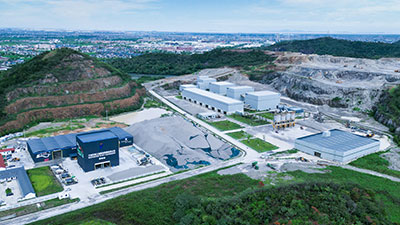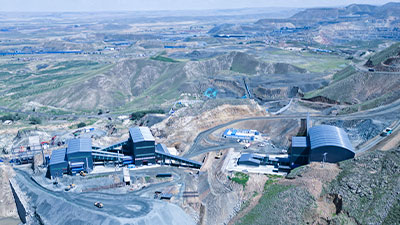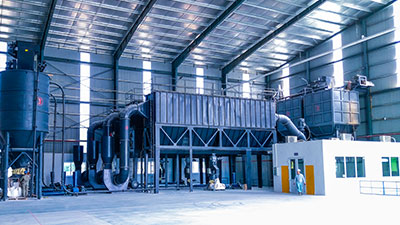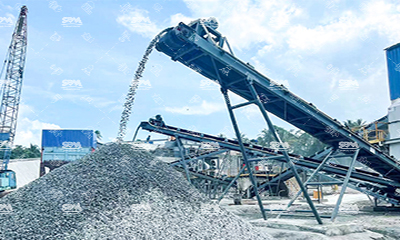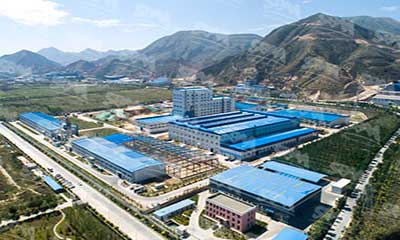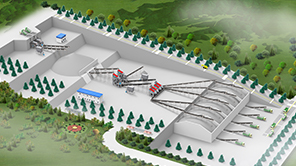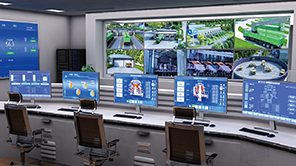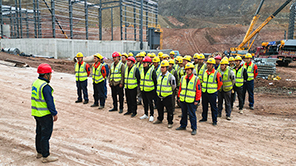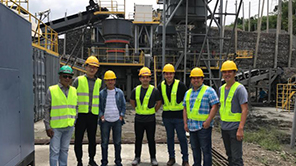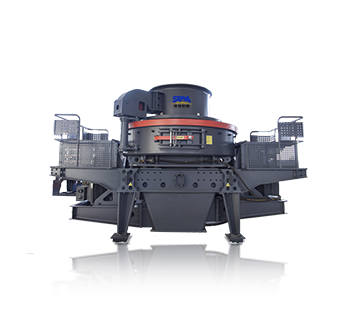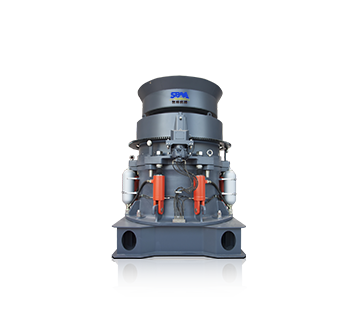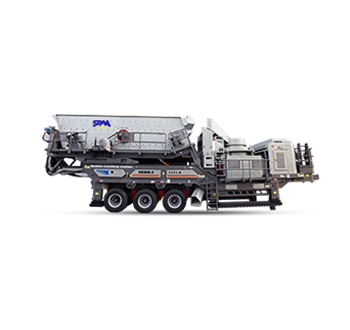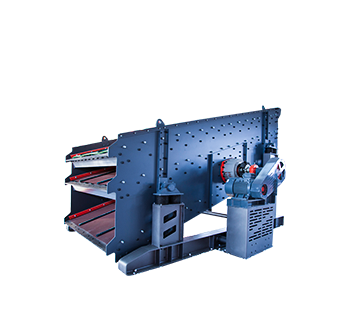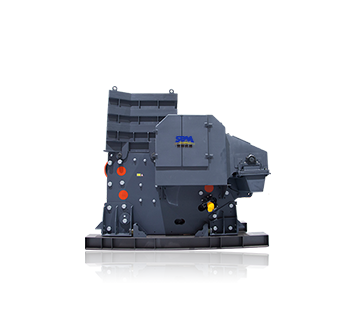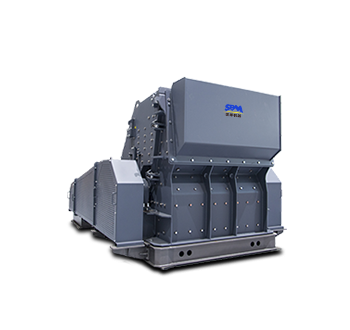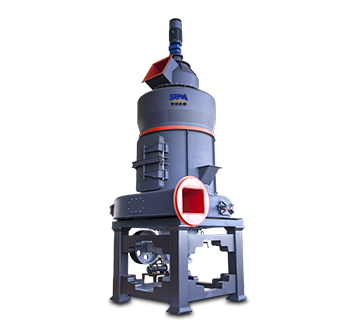Summary:A cone crusher is a type of compression crusher that uses a rotating cone within a bowl-shaped chamber to crush materials. Cone crushers are widely used in the production of aggregates for construction, as well as in mining operations for ore processing.
A cone crusher is a type of compression crusher that uses a rotating cone within a bowl-shaped chamber to crush materials. The design allows for the efficient reduction of material size while maintaining a consistent output. Cone crushers are widely used in the production of aggregates for construction, as well as in mining operations for ore processing.

Applications of Cone Crushers
Cone crushers are widely used in various industries due to their versatility and efficiency:
1. Mining Industry
- Primary and Secondary Crushing: Gyratory and standard cone crushers process ore from open-pit or underground mines, reducing it to a size suitable for grinding in ball mills.
- Mineral Processing: Used in copper, gold, and iron ore mines to liberate valuable minerals from waste rock.
2. Aggregate Production
- Road Construction: Produces cubical-shaped aggregates for road bases and asphalt, meeting strict gradation standards.
- Concrete Production: Short-head cone crushers generate fine aggregates with controlled particle size, essential for high-strength concrete.
3. Recycling and Waste Management
- Construction Waste Recycling: Processes concrete, bricks, and asphalt into reusable aggregates, reducing reliance on landfills.
- E-Waste and Industrial Scrap: Used in specialized applications to crush non-ferrous metals and other hard materials.
4. Quarrying and Stone Processing
- Dimension Stone Quarries: Crushes limestone, marble, and granite into decorative stones or building materials.
- Sand Making: Combined with sand washers, cone crushers produce high-quality manufactured sand for construction projects.
Advantages of Cone Crushers
Cone crushers offer several advantages that make them a preferred choice in many applications:
- 1. High Efficiency: Cone crushers are known for their high crushing efficiency and ability to produce a consistent product size.
- 2. Durability: Built with robust materials, cone crushers are designed to withstand harsh operating conditions and provide long service life.
- 3. Versatility: They can handle a wide range of materials, from hard rocks to softer aggregates, making them suitable for various applications.
- 4. Adjustable Output: The ability to adjust the crushing gap allows operators to control the size of the output material, providing flexibility in production.
- 5. Low Operating Costs: With efficient design and low maintenance requirements, cone crushers can offer lower operating costs compared to other types of crushers.
Future Trends in Cone Crusher Technology
The cone crusher industry is evolving to meet demands for higher efficiency, sustainability, and automation:
- Electrification: Integration of electric motors and renewable energy sources to reduce carbon footprints.
- IoT and Automation: Smart sensors and IoT platforms for real-time monitoring of wear, temperature, and performance, enabling predictive maintenance.
- Sustainability: Development of eco-friendly materials (e.g., recycled steel liners) and energy-efficient designs.
- Modular Design: Prefabricated modules for faster installation and scalability in mobile crushing plants.
As industries continue to demand higher efficiency, sustainability, and automation, cone crushers are evolving to meet these challenges. Whether in mining, construction, or recycling, cone crusher will remain indispensable for achieving optimal material reduction and processing. By staying ahead of technological trends, businesses can maximize productivity while minimizing environmental impact, ensuring long-term success in an increasingly competitive market.

